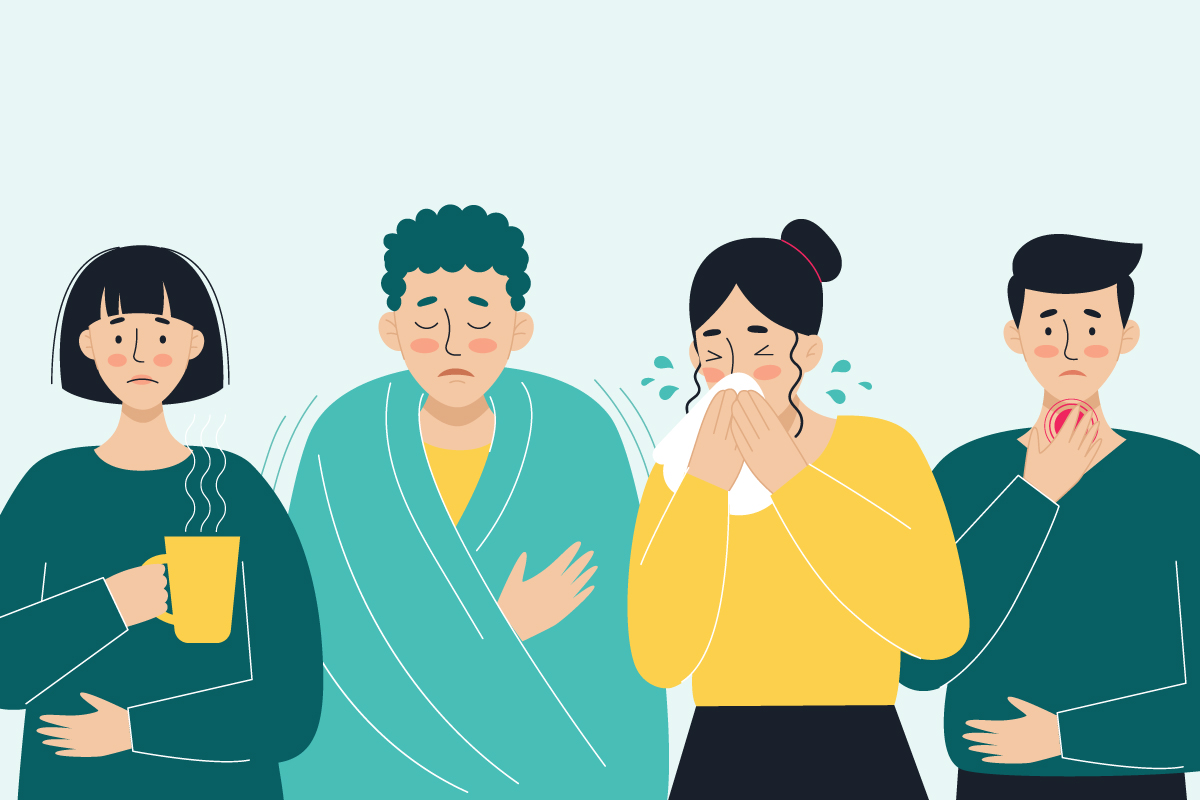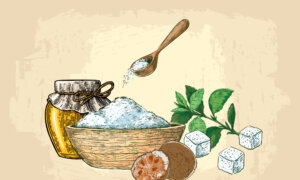Health Viewpoints
If there is a time of year to make sure you are eating and sleeping well, this is it.
Mortality rates peak in January, according to data from the Centers for Disease Control and Prevention analyzed by Live Science.
There are two major killers that have their grim heyday at this time of year: respiratory infections such as influenza and heart disease.
Influenza is often only dangerous for those of advanced age or compromised immunity. It can lead to pneumonia or leave the body vulnerable to a bacterial infection that can also lead to pneumonia.
This time of year also brings increased risks from other viruses such as RSV (respiratory syncytial virus) and rhinoviruses for those who are vulnerable.
If you think you may be among that population, or just want to boost your immune system to better fight off any pathogenic invaders, there are many things you can do to better your odds.
Yuhong Dong, an infectious disease specialist, has created a detailed list of ways you can boost your immune system, from proper nutrition to specific supplements. It’s well worth the read.
GreenMedInfo, which indexes studies about the medicinal qualities of different plants and nutrients, also offers some insight into the best natural antiviral agents:
- Vitamin C
- Zinc
- Echinacea
- Licorice (Glycyrrhizin)
- Garlic
Other armaments to add to your immune-boosting arsenal include:
- Tea Tree Oil
- Vitamin D
- Vitamin A
- Vitamin E
Even more critical than specific supplements are two key immune boosters, advises Datis Kharrazian, a Harvard Medical School-trained clinical research scientist and renowned functional medicine health care provider.
The first is quality sleep.
“Research consistently shows that nothing holds a candle to sleep when it comes to superior immunity,” writes Mr. Kharrazian.
The second is protein, an important macronutrient.
“Protein plays an essential role in various aspects of immune resilience, including the immune response to viruses, regulating inflammation, and the synthesis of various immune cells,” he writes.
Besides staying clear of infectious diseases, the other major factor of high mortality rates at this time of year is heart disease.
The cold, stress, and indulgences of the season make this the season of heart attacks. More people die of heart attacks on Christmas and New Year’s than any other days of the year, reports Sheramy Tsai. There is even a name for this phenomenon: holiday heart syndrome.
“This syndrome is deeply linked to the season’s psychological stressors, ranging from the anxiety of orchestrating perfect holiday events to navigating complex family relationships. Recognizing and understanding these psychological factors is key to protecting our heart health during this special time of year,” she writes.
Stress can also age the immune system, warns a study published in PNAS. This will also increase the risk of cold and flu. Getting enough sleep, eating nutritious food, and getting all your vitamins and minerals will all help to lower stress, improve immune function, and lower your risk at this time of year.








